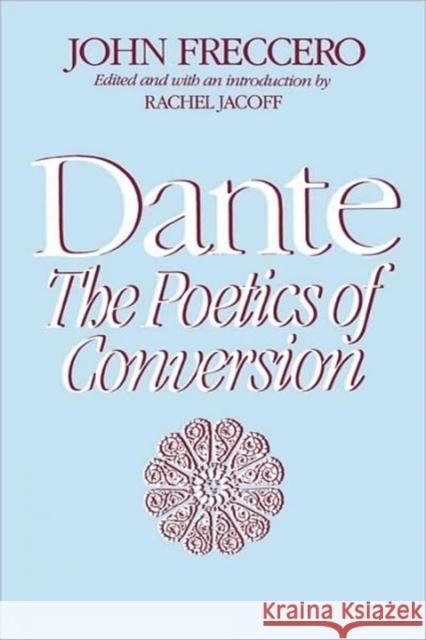Dante: The Poetics of Conversion » książka
Dante: The Poetics of Conversion
ISBN-13: 9780674192263 / Angielski / Miękka / 1988 / 344 str.
John Freccero enables us to see the Divine Comedy for the bold, poetic experiment thatit is. Too many critics have domesticatedDante by separating his theology from hispoetics. Freccero argues that to fail to see theconvergence of the letter and the spirit, thepilgrim and the poet, is to fail to understandDante's poetics of conversion. For Dante, body and soul go together and there is nosalvation that's purely intellectual, no poetrythat is simply literary.The essays that form this book were originally published between 1959 and 1984.They are arranged to follow the order of the Comedy, and they form the perfect companion for a reader of the poem. With these essays assembled for the first time, we can nowsee Freccero's stature: he is the best contemporary critic of Dante. Freccero is that rarearticle, a critic of eclectic and not dogmaticpersuasion. Throughout Freccero operateson the fundamental premise that there is al-ways an intricate and crucial dialectic at workbetween Dante the poet and Dante the pilgrim, and that it is this dialectic that makesthe work so profoundly dramatic, one of thegreat novels of the self.Thanks to Freccero we readers have theComedy whole again. Freccero calls uponmedieval philosophy, cosmology, science, theology, and poetics to enable us to traverseDante's moral landscape without losing ourway in the confusions of minute exegeses. Ina secular age Freccero enables us to see thispoem as what it is, something wholly otherthan what we might believe or write. Indoing so he shows us the most that languagecan achieve in any age, secular or not.











